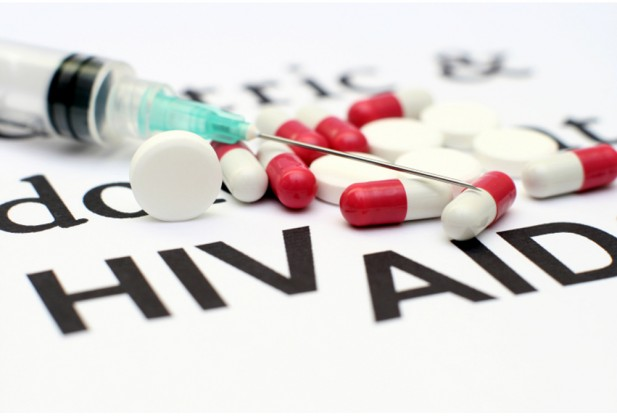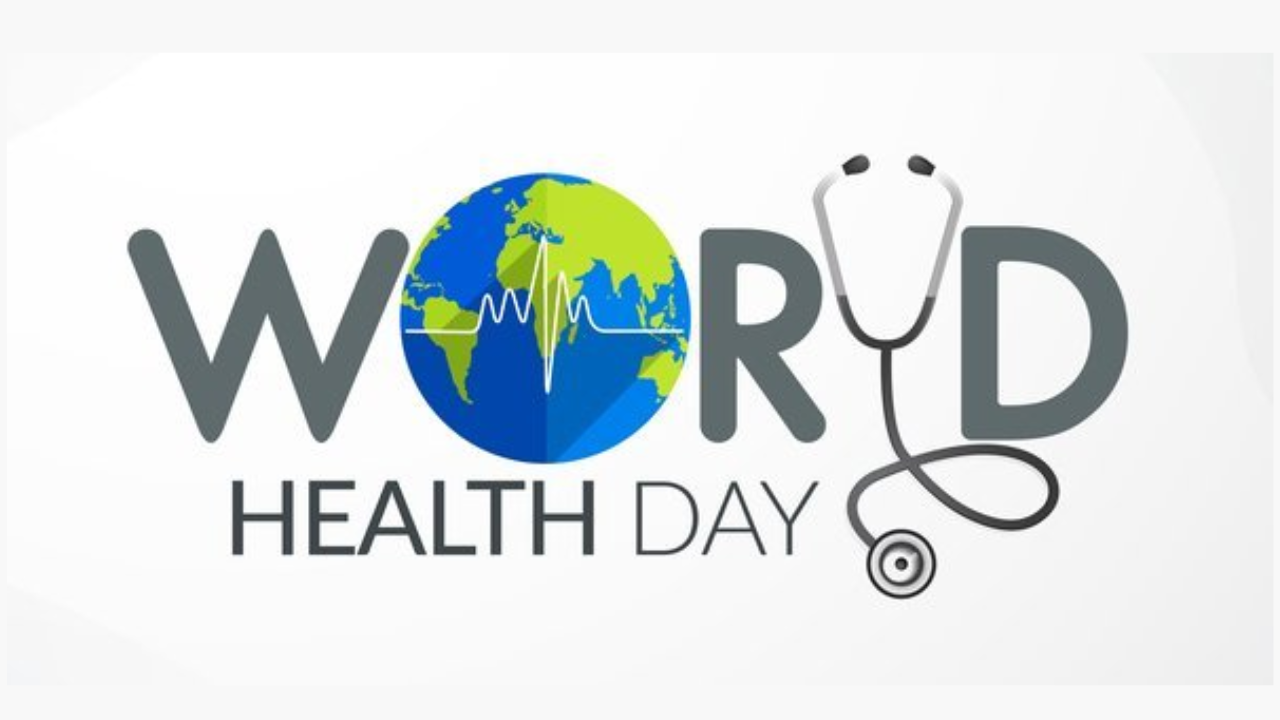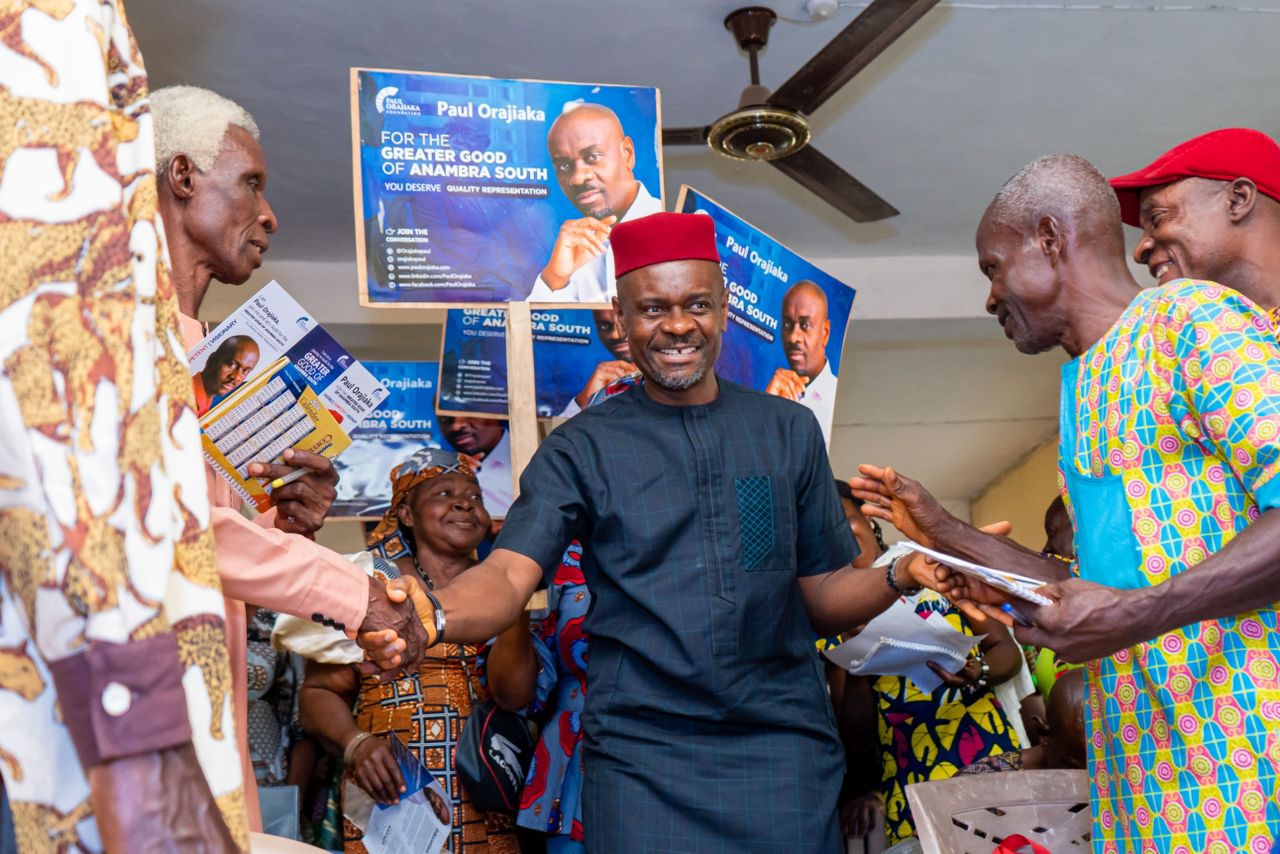
The Federal Government has reaffirmed its commitment to ending AIDS in Nigeria by 2030 through comprehensive measures, including expanded HIV testing, access to antiretroviral therapy (ART), counseling, and prevention programs.
Dr. Iziaq Adekunle Salako, Honourable Minister of State for Health, made this known at the World AIDS Day commemoration organized by the Federal Ministry of Health & Social Welfare in collaboration with the National Agency for the Control of AIDS (NACA).
This year’s theme, “Take the Right Path: Sustain the HIV Response and Stop HIV Among Children to End AIDS in Nigeria by 2030,” underscores the importance of targeted efforts to address the epidemic.
Speaking at the event, Dr. Salako highlighted that over 1.9 million Nigerians are living with HIV, including approximately 150,000 children. He assured that the Federal Government would sustain efforts to ensure: “Continued access to antiretroviral therapy (ART), Expansion of HIV testing and counseling, and Availability of prevention programs for those at the highest risk of infection.”
He emphasized that the government’s commitment is part of the Health Sector Renewal Investment Initiative, which focuses on reliable data collection, medicine security (including HIV treatment supplies), and sustainable domestic resource mobilization.
“The Federal Government remains committed to achieving the goal of ending AIDS by 2030. We are determined to sustain the response and ensure that no child is left behind,” Dr. Salako stated.
Call to Action
Dr. Salako urged sub-national governments, the private sector, partners, community leaders, NGOs, and other stakeholders to take proactive steps to prevent HIV transmission, particularly among children.
“Let us all ‘take the right path’ by scaling up interventions to prevent HIV transmission and protect the next generation,” he added.
In her welcome address, Dr. Temitope Ilori, Director-General of NACA, highlighted the progress made in Nigeria’s HIV response. She noted achievements in: “Restoring institutional confidence through strategic advocacy, Strengthening data management systems and Launching the PMTCT and Pediatric Acceleration Committee, promoting local solutions to end mother-to-child transmission.”
Delivering a goodwill message, United Nations Resident Coordinator and Humanitarian Coordinator in Nigeria, Mr. Mohammed Fall, emphasized that ending AIDS as a public health threat by 2030 is achievable.
He noted that this year’s theme underscores the need to center human rights in the HIV response, particularly addressing the vulnerabilities of children affected by the epidemic.
The event featured the launch of strategic policy documents on HIV/AIDS by Dr. Iziaq Salako and presentations by Dr. Chukwuma Anyaike, Director of the Public Health Department, Federal Ministry of Health.
Dr. Adebobola Bashorun, National Coordinator of the National AIDS and STDs Control Programme (NASCP).
The commemoration served as a call for collective action to sustain the momentum in the fight against HIV and AIDS in Nigeria.





